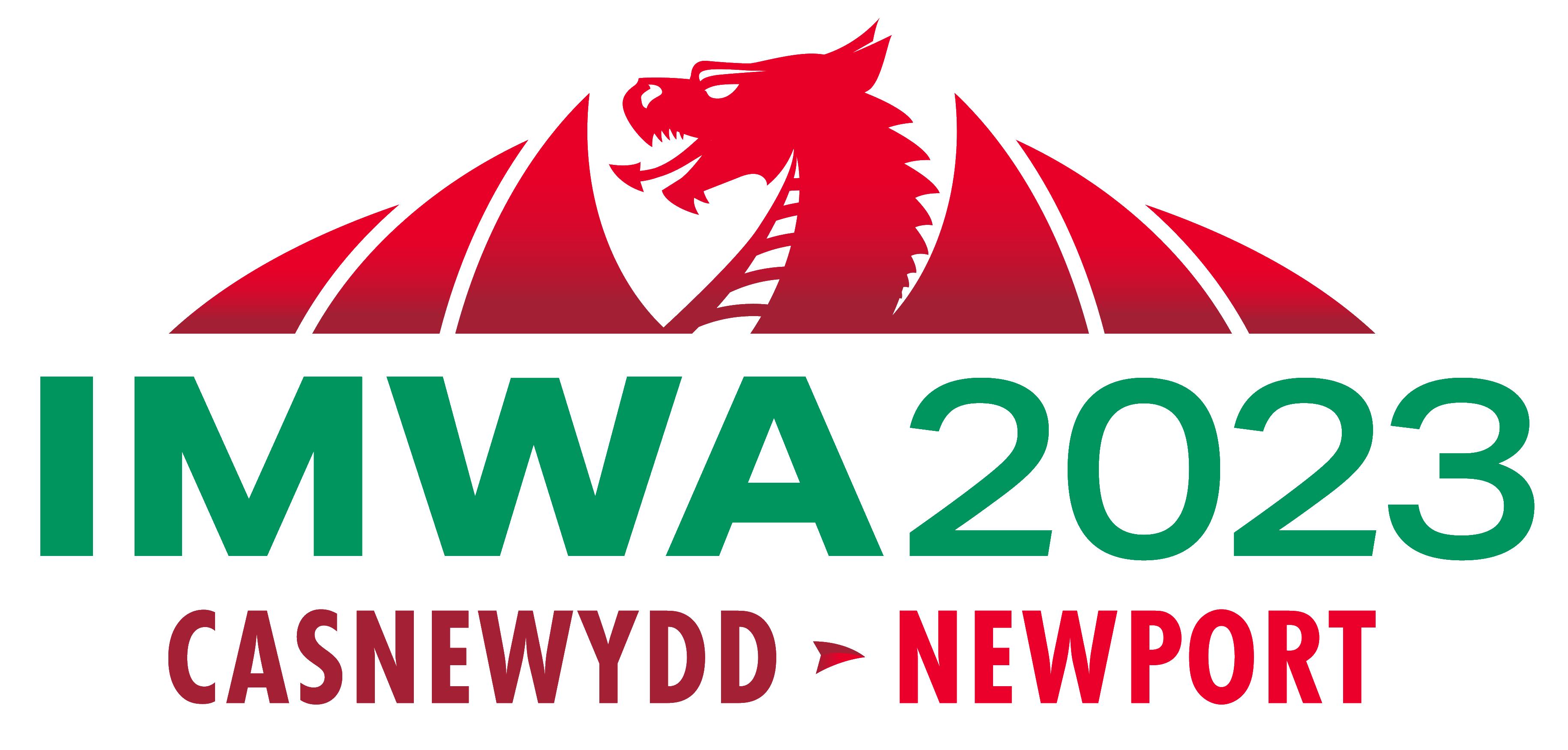CANCELLED: Modelling Hydrodynamics and Water Quality of Pit Lakes with PITLAKQ
Unfortunately we had to cancel the course due to low numbers of participants.
Presenters
Dr. Mike Müller, HydroComputing, Germany
Duration
2 days, virtual attendance possible
Overview
Modelling pit lakes is a complex task. The open-source software PITLAKQ allows one to model hydrodynamic processes in pit lakes including temperature stratification. Furthermore, transport of constituents and a variety of chemical and biological reactions can be modelled. PITLAKQ combines the abilities of CE-QUAL-W2 and PHREEQC.
Participants need to be familiar with the topic of pit lakes and their water quality. Basic hydro-geo-chemical knowledge is assumed. Preferably, participants should have modelling experience with CE-QUAL-W2, PHREEQC or comparable models. They also need to have basic knowledge of important pit lake processes. Solid PC handling abilities are necessary.
Participants will get login data to an online teaching system, consisting of a video conferencing system and a modelling environment (JupyterHub). This system has been used by Python Academy for nearly a year (see attachment for details). After the course, participants can install PITLAKQ on their own computers and used the same tools they learn in the course.
PITLAKQ provides new features such as distributed groundwater exchange, treatment of the lake water with chemicals, and accounting for the impact of bank erosion on lake water quality.
This workshop introduces PITLAKQ with a hands-on tutorial of setting up and running models. It covers:
Getting familiar with the teaching system Python basics for running models Setting up and running a hydrodynamic model Interpreting and presenting hydrodynamic results Setting up and running a water quality model Interpreting and presenting water quality results Varying the water quality processes PITLAKQ solves complex problems and offers many more features than can be covered in the workshop. The presenter will be glad to answer questions that go beyond the content described above. Each participant will receive a comprehensive course handout (PDF) and the PITLAKQ software. After the course, participants will be able to set up and run PITLAKQ models.
